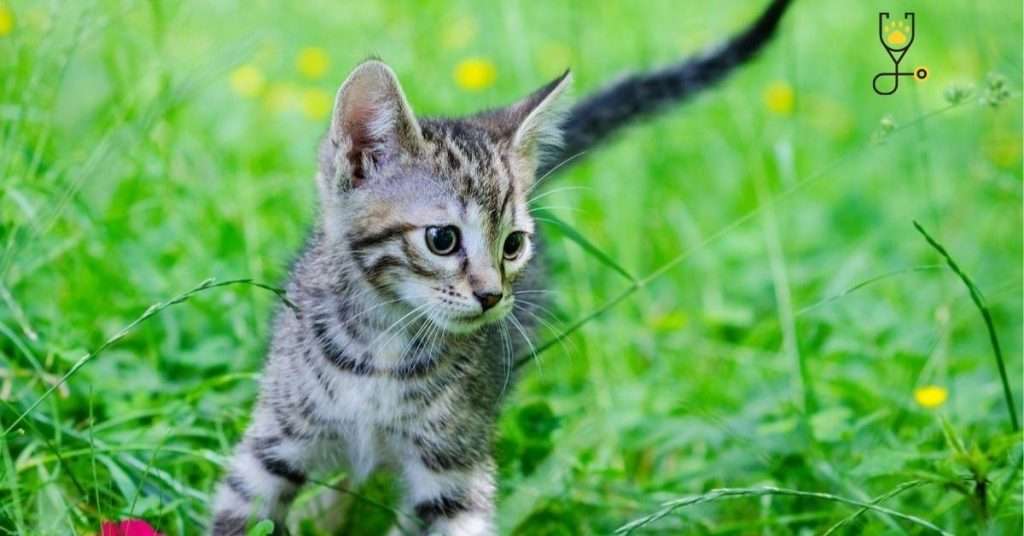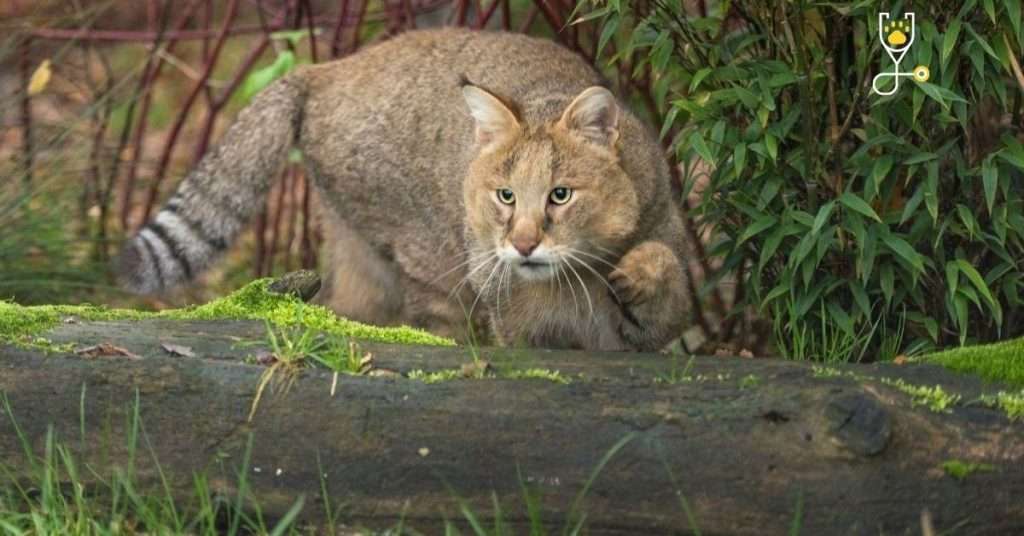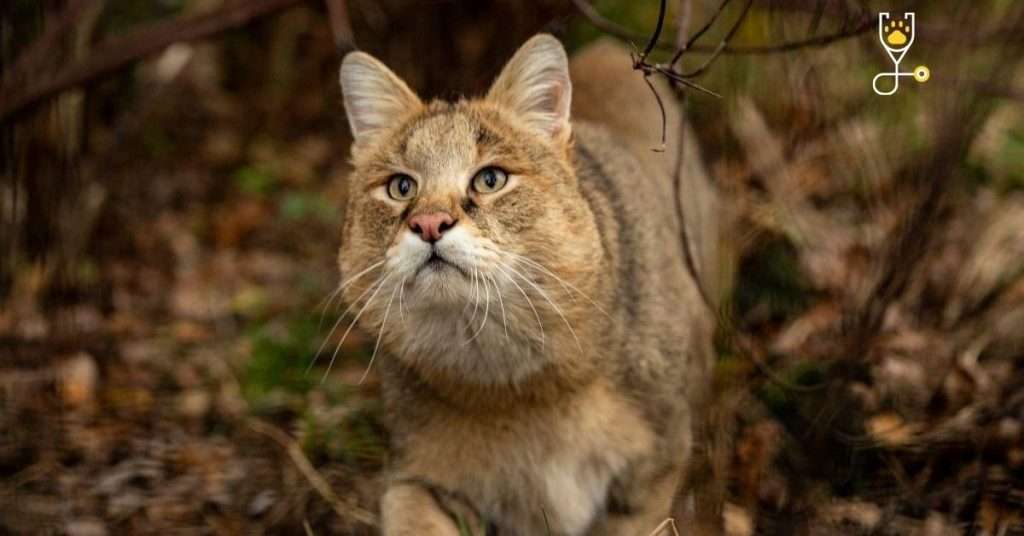There’s been a lot of talk lately about keeping your cat indoors to protect the environment. And there’s good reason for it – outdoor cats are one of the main sources of wildlife mortality. In this blog post, we’ll take a look at some of the reasons why it’s important to keep your cat indoors, and share some tips on how you can make life inside just as fun for them.
Reason Why you should keep your cat indoors
One of the main reasons why you should keep your cat indoors is because they can have a negative impact on local wildlife populations. Cats are natural predators, and their hunting instincts can lead them to kill birds, small mammals, and even reptiles. A single cat can kill up to 2,000 animals in its lifetime, so keeping them inside helps protect local wildlife populations.
In addition to harming local wildlife, outdoor cats also face a number of dangers themselves. They can be hit by cars, attacked by other animals, or get into fights with other cats. They can also contract diseases from other animals, which can be deadly if not treated promptly.
While it’s important to keep your cat safe from harm outdoors, it’s also important to make sure they have a happy and enriching life indoors. There are a number of ways you can do this, such as providing them with plenty of toys and scratching posts, feeding them a nutritious diet, and giving them regular opportunities to exercise.
Learn More: Why Do Cats Run Away and Leave Home or Not Come Back?
Things to Considered
If you’re considering keeping your cat indoors, or are already doing so, there are a few things you should keep in mind to ensure their wellbeing.
- First, make sure they have plenty of toys and scratch posts to keep them entertained.
- Second, feed them a healthy diet to prevent obesity and other health problems.
- And finally, give them regular opportunities to exercise to keep them healthy and active.
By following these tips, you can help ensure that your cat has a happy and enriching life indoors.
Learn More: 10 Tips to Keeping Your Cat Happy

Protect Native Songbirds and Other Wildlife
Such as:
Birds: A study in the journal Nature found that free-ranging domestic cats kill 1.3 to 4 billion birds each year in the United States alone—most of them native songbirds.
Small mammals: Domestic cats also kill 6.3 to 22.3 billion small mammals annually, including mice, squirrels, rabbits, and chipmunks—again, mostly native species.
Reptiles and amphibians: Cats are thought to be responsible for the rapid decline of several reptile and amphibian species around the world, including the extinction of at least 33 reptiles and amphibians since 1500. In the United States, cats have been linked to declines in six lizard species and one snake species.
Learn More About Cats Here: The Ultimate Guide To Cat healthcare
Keep Your Cat Healthy
Cats who roam outdoors are at risk for a number of diseases and parasites, including:
Feline leukemia virus (FeLV): This virus is spread through close contact with an infected cat, and can cause anemia, cancer, and other serious health problems.
Feline immunodeficiency virus (FIV): This virus is similar to HIV in humans, and can weaken a cat’s immune system and make them more susceptible to other diseases.
Read More: Improving the Quality of Life for Your Senior Cat
Solutions for Cats That Hate Being Inside
If your cat is resistant to being indoors, there are a few things you can do to make the transition easier on them.
First, start by gradually restricting their access to the outdoors. If they’re used to going outside all the time, start by only letting them out for short periods of time, and then gradually increase the amount of time they spend indoors until they’re comfortable staying inside most of the time.
Second, make sure they have plenty of toys and scratch posts to keep them entertained, and provide them with regular opportunities to exercise.
And finally, consider getting another cat as a companion—this can help reduce stress and make indoor life more enjoyable for both of them.
By following these tips, you can help make the transition to indoor living easier for your cat—and help protect local wildlife in the process.
Read More: How to Improve a Feral Cats Life